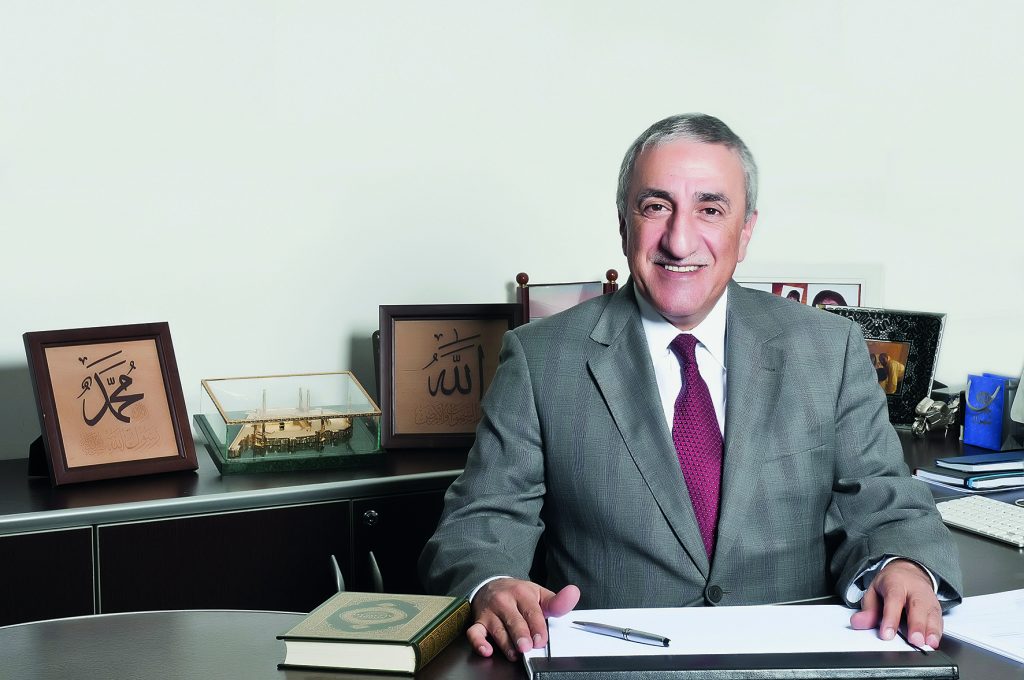São Paulo – Companies dealing in cosmetics, pharmaceuticals, beauty products, industrial items, meats and other products that are looking to do business in the Arab and Islamic markets will be able to connect with the Brazilian certifier Fambras Halal in the exhibition area of the Economic Forum Brazil & Arab Countries, taking place from October 19 to 22.
Fambras Halal chairman Mohamed Zoghbi said the organization will be participating actively via its e-booth. “Key personnel are ready and able to join virtual meetings and provide any clarifications regarding the entire halal industry – not only meat packers, but also cosmetics, pharmaceuticals and beauty products. It’s a very broad range of services,” he told ANBA.
Zoghbi will join the Forum’s opening on Monday (19). He will also take part in e-booth meetings throughout the four-day event. He said meetings have already been scheduled, with more to come as the Forum progresses.
Tuesday (20) will see Fambras Halal enter into a memorandum of understanding with the Arab Brazilian Chamber of Commerce (ABCC) and other organizations to launch the Ellos Blockchain system. “We have a responsibility when it comes to the halal issue and comprehensive product traceability. That information will be entered into this platform, and it will enable people, consumers and authorities alike, to keep track of the entire process and how it has taken place. That will ensure the safety and traceability of everything that gets consumed in Arab and Islamic countries,” Zoghbi said regarding the role of Fambras Halal in the agreement.
Zoghbi said the online edition of the Economic Forum Brazil & Arab Countries is a great solution for these yet-ongoing pandemic times: “I think it’s excellent. This is a very important challenge for the Arab Chamber, considering the circumstances, and the fact that it has envisioned hosting this Forum in virtual fashion. We will surely be successful in this endeavor. That is our wish.”
He discussed the longstanding partnership with the ABCC and the role the two organizations play in Arab-Brazilian international business and relations. “We have a very strong partnership in place. We’ve always had, throughout our histories, both of Fambras and the Arab Chamber. We’ve always participated in business and government missions. We made great contributions to Brazil’s government by joining them on these missions, bringing opportunities into Brazil and taking opportunities out into other countries. That is crucial to the image that Brazil enjoys abroad. We played a very relevant role in getting Brazil to where it is today.”
The market
As for the fact that beef and poultry exports from Brazil to the Arab countries slowed down somewhat this year, Zoghbi said halal certification certainly hasn’t reflected that to a significant extent. “Requirements have grown stricter out of safety concerns, and Brazil, the companies, they’re adapting to that. We are on top of everything that’s coming up, the new international regulations.”
Zoghbi also noticed a boom in cosmetics exports to Arab and Islamic. The director of Fambras Halal’s industrial halal certification division, Dib Ahmad El Tarrass, told ANBA that “the foreign market for cosmetics is growing. Countries in Asia and Europe are really standing out.” He said Fambras Halal recently certified three cosmetics companies – Prolab, Crol, and Biozer da Amazônia.
Muslims worldwide spent an estimated USD 64 billion on cosmetics in 2018, up from USD 61 billion in 2017, as per the 2019/2020 State of the Global Islamic Economy Report from DinarStandard. Industry turnover is expected to pick up to USD 95 billion by 2024, according to the report.
“Smaller businesses, especially in Southeast Asia, had to fight for shelf space with the more established multinational brands, which can also be halal-certified. Up-and-coming brands have also had to reflect the latest trends in cosmetics – from colors to aromas, design and packaging – and to prove their effectiveness in order to loyalize shoppers,” said Tarrass.
Translated by Gabriel Pomerancblum




